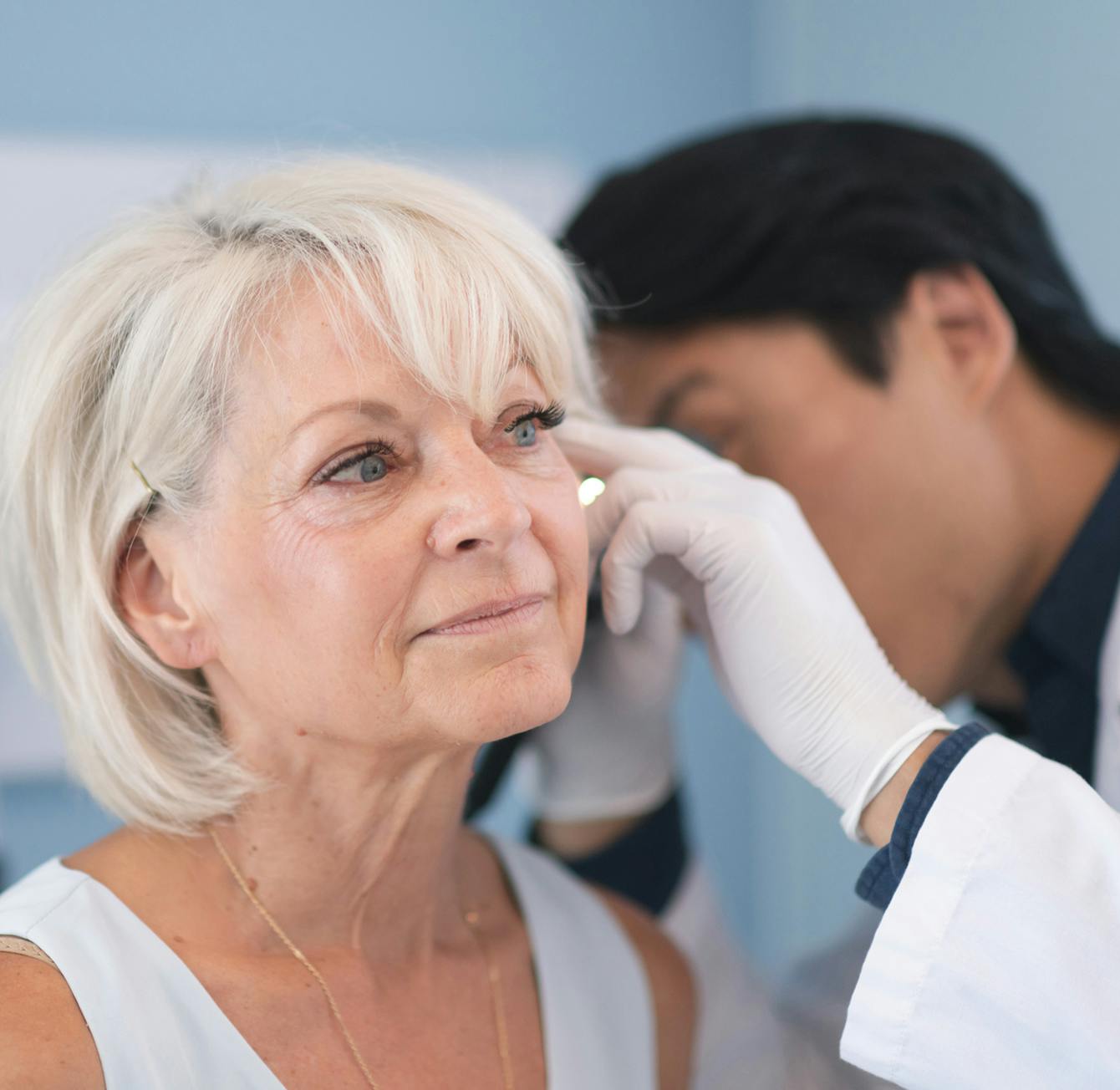Our clinic offers comprehensive care for all ear-related issues. With a team of experienced ENT specialists, we provide personalized treatment plans designed to fit the unique needs of each patient. We have state-of-the-art diagnostic equipment to ensure accurate diagnoses, and our specialists are adept at both medical and surgical management of ear disorders.
Our audiologists offer custom hearing solutions and are dedicated to helping patients navigate the challenges of hearing loss with the latest technology in hearing aids and implants. For those with tinnitus, our specialists work closely with you to find the most effective management strategies to improve your quality of life.
We understand the importance of addressing ear health holistically, which is why our clinic also provides education on preventive care and lifestyle adjustments to support your ear health. With a patient-first approach, we ensure that each visit is informative, comfortable, and tailored to address your concerns and promote your well-being.
Whether you are dealing with a chronic condition like tinnitus or Meniere’s disease, or you need assistance with a sudden ear infection or hearing loss, our clinic is ready to provide exceptional care. From diagnosis to treatment and through the recovery process, we’re dedicated to offering the support and expertise you need to improve your ear health and overall quality of life.




